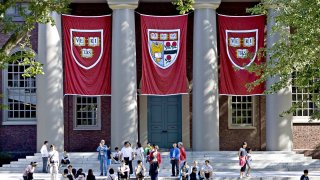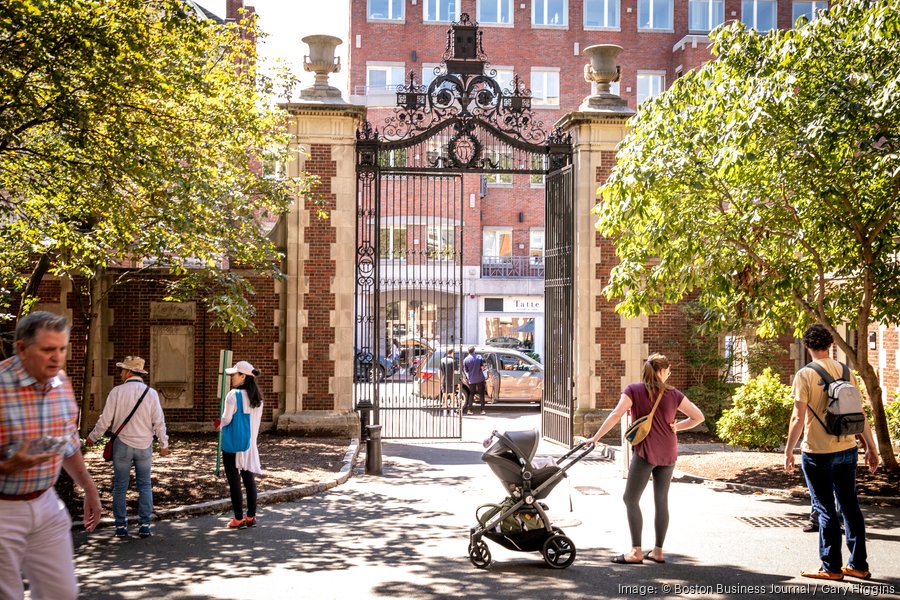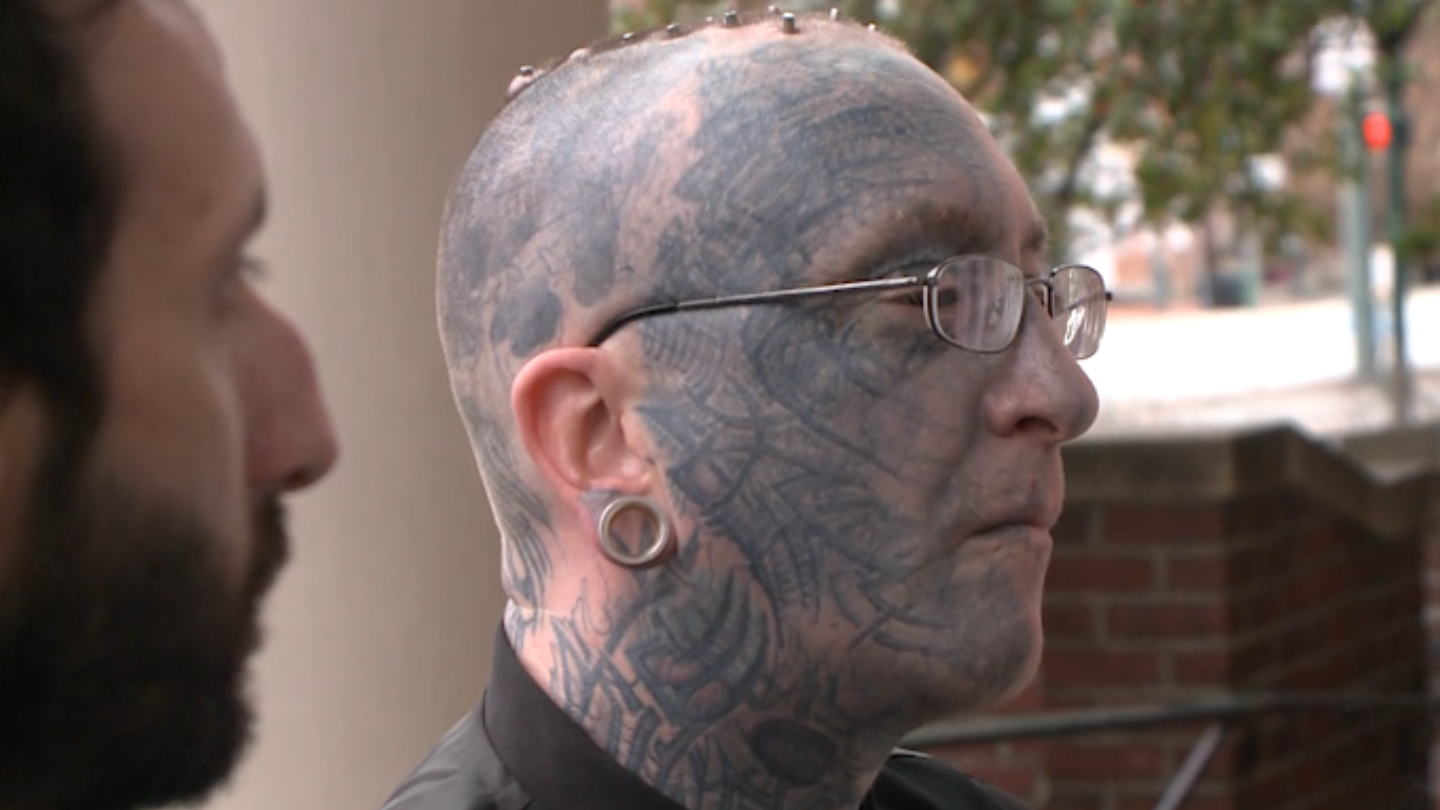
Harvard University says it has removed human skin from the binding of a particularly rare book that has been in its library for about 90 years.
In a statement posted online, Harvard Library said it pulled the morbid binding from its copy of "Des destinées de l’âme," written by Arsène Houssaye in the 1880s.
WATCH ANYTIME FOR FREE
Stream NBC10 Boston news for free, 24/7, wherever you are. |
"The volume's first owner, French physician and bibliophile Dr. Ludovic Bouland (1839–1933), bound the book with skin he took without consent from the body of a deceased female patient in a hospital where he worked," the library said. "The book has been in the collections of Harvard Library since 1934."
The library says it made the change following recommendations made in the 2022 "Report of the Harvard University Steering Committee on Human Remains in University Museum Collections."
Get updates on what's happening in Boston to your inbox. Sign up for our News Headlines newsletter.
In a Q&A posted Wednesday to Harvard Library's website, Tom Hyry, an associate university librarian for archives and special collections, was asked about "the impetus for removing the book's cover now" despite the human skin being known about for a decade.
"We've been working towards this for a few years now as part of the University's larger project of addressing human remains in its collections," he said. "Based on the [2022] review, Harvard Library and the Harvard Museum Collections Returns Committee concluded that due to the ethically fraught nature of the book’s origins and history, the human remains used in the Houssaye book’s binding no longer belong in the Harvard Library collections."
He added that the review "also made clear that we have fallen short of an ethic of care in stewardship over the years."
The Ivy League university has recently faced another major controversy involving the handling of human remains. Last year, Cedric Lodge, manager of Harvard Medical School's morgue, and his wife, Denise, were two of several people charged in a conspiracy to steal body parts for sale on the black market.
The remains were stolen from donors of the Harvard Anatomical Gift Program. Federal prosecutors accuse Lodge, who's pleaded not guilty, of letting buyers come into the morgue to select parts from donated cadavers.
The morgue scandal was not directly mentioned in the library's announcement or in its Q&A.
The 2022 report specifically excluded "human remains acquired as part of the Harvard Medical School Anatomical Gift Program" from its definition of the "university museum collections" it reviewed.



